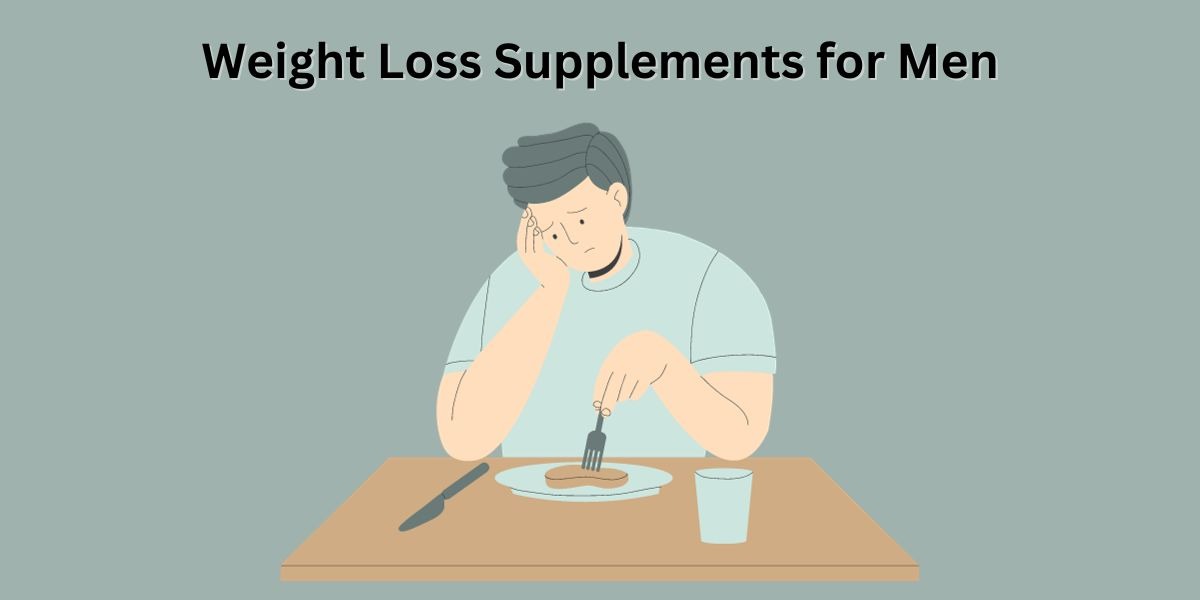Weight loss– it’s something many of us think about, talk about, and sometimes struggle with. But it doesn’t have to be so complicated. Imagine weight loss as a journey, where each step counts, rather than a race with unrealistic expectations. In this guide, we’ll answer some of the most frequently asked questions (FAQs) about weight loss to help you get clarity, avoid misinformation, and set achievable goals. Ready? Let’s dive in!
Why Is Weight Loss Important?
Losing weight isn’t just about fitting into your favorite jeans—it’s about improving your health and quality of life. Carrying extra weight can lead to serious health problems, including heart disease, diabetes, and joint issues. Think of your body as a car; the less strain you put on it, the better it runs.
How Much Weight Can You Lose in a Week?
While it’s tempting to aim for rapid results, losing 1-2 pounds per week is considered healthy and sustainable. Drastic weight loss often means you’re shedding water weight or muscle instead of fat. Remember, slow and steady wins the race!
What Are the Best Diets for Weight Loss?
The best diet is one you can stick to. Popular options include:
- Mediterranean Diet: Rich in fruits, veggies, and healthy fats.
- Low-Carb Diets: Like keto or Atkins, focusing on reducing carbs.
- Plant-Based Diets: Emphasizing whole, unprocessed plant foods.
Choose a plan that fits your lifestyle and doesn’t feel like torture.
How Does Exercise Impact Weight Loss?
Exercise is like the turbo boost for your weight loss journey. It helps burn calories, build muscle, and improve overall health. A mix of cardio (like running) and strength training (like weightlifting) is ideal for effective results.
Can You Lose Weight Without Exercise?
Yes, you can. Weight loss primarily depends on creating a calorie deficit—eating fewer calories than you burn. However, exercise offers additional health benefits, like improving mood and energy levels, so it’s worth including if possible.
Are Weight Loss Supplements Safe?
Some supplements can aid weight loss, but they aren’t magic pills. Products like green tea extract or protein powders might help slightly, but always consult your doctor before starting any supplement to avoid side effects.
How Do Sleep and Stress Affect Weight Loss?
Poor sleep and high stress can sabotage your weight loss efforts. Lack of sleep messes with hunger hormones, making you crave junk food. Stress, on the other hand, often leads to emotional eating. Aim for 7-9 hours of sleep and practice stress-relief activities like yoga or meditation.
What Are Common Weight Loss Mistakes?
Here are some pitfalls to avoid:
- Skipping Meals: Leads to overeating later.
- Following Fad Diets: They’re hard to sustain.
- Not Drinking Enough Water: Dehydration can mimic hunger.
Learn from these mistakes and adjust your approach for better results.
How to Stay Motivated on Your Weight Loss Journey?
Set small, achievable goals and celebrate your wins, no matter how small. Surround yourself with supportive people, and remind yourself why you started. Motivation is like a fire—it needs constant fuel to keep burning!
How Do You Maintain Weight Loss Long-Term?
The key is consistency. Make healthy eating and regular exercise a part of your lifestyle, not a short-term fix. Focus on progress, not perfection, and don’t be afraid to indulge occasionally.
Can Genetics Affect Your Ability to Lose Weight?
Yes, genetics play a role in how your body stores fat and burns calories. However, they don’t determine everything. A healthy lifestyle can help overcome many genetic predispositions.
Is Intermittent Fasting Effective?
Intermittent fasting (eating within a specific time window) can be an effective way to manage calories and improve metabolism. However, it’s not a one-size-fits-all solution. Experiment to see if it works for you.
What Role Does Water Play in Weight Loss?
Water is your weight loss best friend. It helps control hunger, improves metabolism, and keeps you hydrated during workouts. Aim for 8-10 glasses a day.
Should You Track Calories?
Tracking calories can help you understand your eating habits, but it’s not for everyone. If it feels overwhelming, focus on portion control and mindful eating instead.
What Are Healthy Weight Loss Goals?
Aim for realistic, long-term goals. Losing 5-10% of your body weight can significantly improve your health. Remember, it’s not just about the scale—it’s about how you feel.
Conclusion
Weight loss is a personal journey, not a one-size-fits-all solution. By understanding the basics and avoiding common pitfalls, you can set yourself up for success. Remember, the goal is to feel better, live healthier, and enjoy the process. Take it one day at a time, and don’t forget to celebrate your progress!
Also Read: Can Depression Cause Weight Loss?
FAQs
Q: Can drinking lemon water help with weight loss?
A: Lemon water itself doesn’t burn fat, but it can keep you hydrated and reduce hunger, making it a helpful addition to your routine.
Q: How important is breakfast for weight loss?
A: Breakfast isn’t essential for everyone. Listen to your body; if you’re not hungry in the morning, it’s okay to skip it.
Q: What’s the best time to exercise for weight loss?
A: The best time to exercise is whenever you can be consistent. Morning workouts might help boost energy, but evening sessions are just as effective.
Q: Is it normal to hit a weight loss plateau?
A: Yes, plateaus are common. Reassess your diet and exercise plan to find areas for improvement.
Q: Are cheat days okay during weight loss?
A: Occasional cheat days can help you stay motivated. Just don’t let them turn into cheat weeks!



